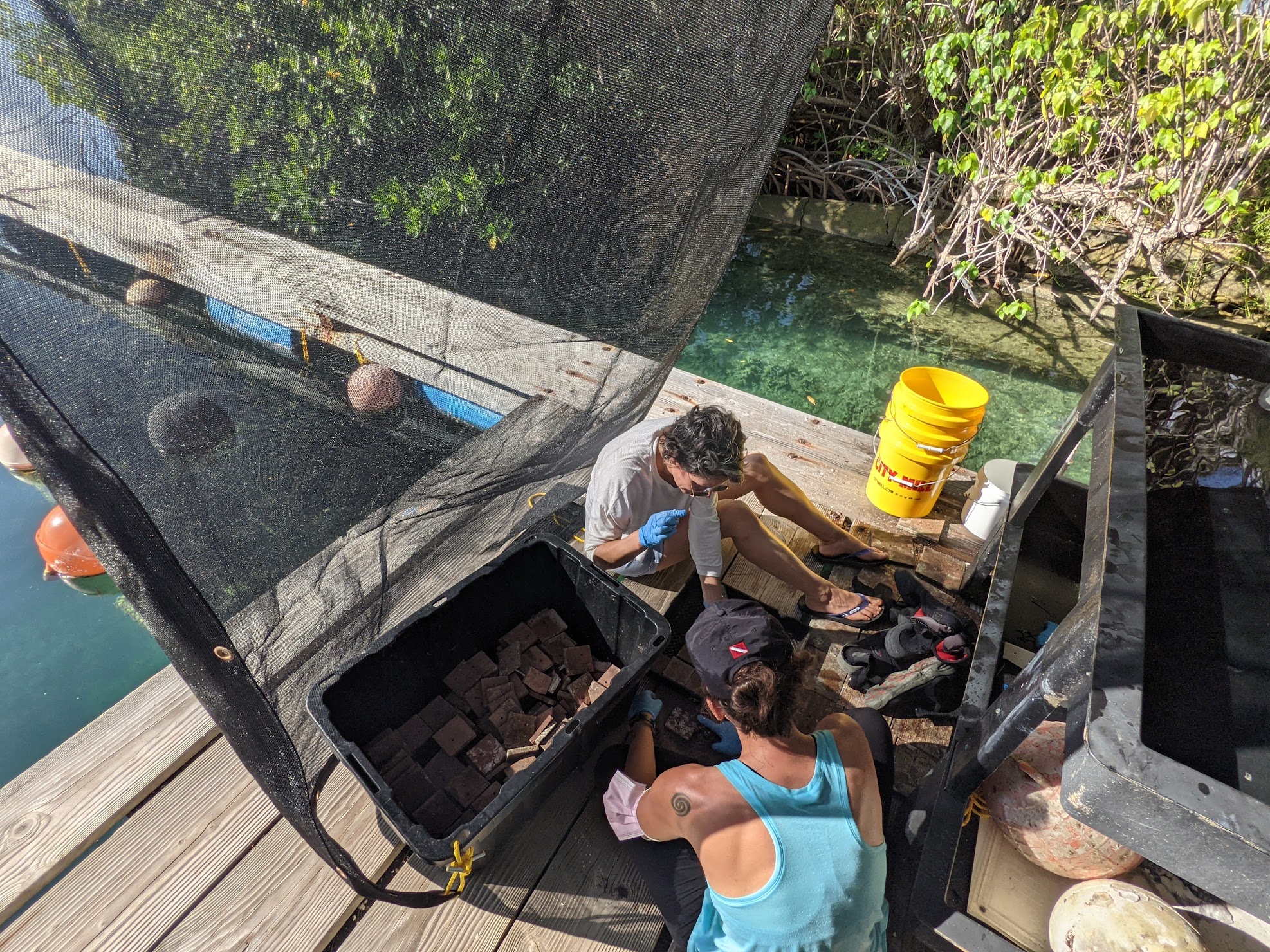About StoryTIME
We gather stories from the field to celebrate the people collecting ecological data.
Why stories?
We seek to share stories about the unique fieldwork experiences scientists have while conducting their data collection work— the human aspect, not just the data, is important to science, and we want to highlight that here.
Because collecting ecological data means spending large amounts of time in direct contact with nature, many interesting observations and reflections are made while in the field. Field ecologists usually have fun anecdotes or stories of little unplanned adventures from when fieldwork didn’t go exactly as planned. We’ve come across anything from breakthroughs, upsets, to complete life-changing moments. As a team of ecologists, we love our jobs, but we also know it comes with unique joys and challenges. StoryTIME is here to celebrate the whole spectrum of people and fieldwork that brings about the precious data about our world.
Our team
The team that manages StoryTIME is the same team that brought about the BioTIME database. Learn more about them at our database website.

Contribute your story
Submission guidelines
If you have an exciting story from fieldwork, please consider submitting it to us! We love to hear from a diversity of voices across different fields and disciplines related to ecology. It’s your story, so please feel free to use the first-person. We ask that stories be written in English and stay under 650 words. Any photos that complement the story are more than welcome, provided that you have permission to use them.
As part of our open data policy, we’d like StoryTIME contributors to agree on a Creative Commons license (CC-BY or CC-BY-NC) for the use of the contributed content. These limit how and for what purpose others can share your published story.
The process
StoryTIME has copy editors to help with flow, organisation, etc. They will work with you to ensure you are happy with the editing and once we agree on a final version, we’ll publish the story here and on our Twitter.
We’ll send you the link to the webpage and tweet about it from the BioTIME account (@bioTIMEdb). If other people are mentioned in the story and you’d like them tagged in the Twitter thread we’ll make about your story, please provide their Twitter tags as well.
How to submit
Send us your story in a Word document (.docx) no more than 650 words to our email at biotimeproj@st-andrews.ac.uk. Include with your story:
- the Creative Commons license you would like associated with the story (see above)
- Photographs: in jpg or png format, preferably high-resolution with the relevant photo credit attributes. If attribution is not specified in the email, we will assume that you are the photographer to be credited. (optional)
- Short bio: A short 1-2 sentence bio about yourself and what you do, and if you’d like, your preferred website/social media to link and a profile photo. If you mention colleagues and friends in your story, also include their Twitter handles for our tweeted version of the story.